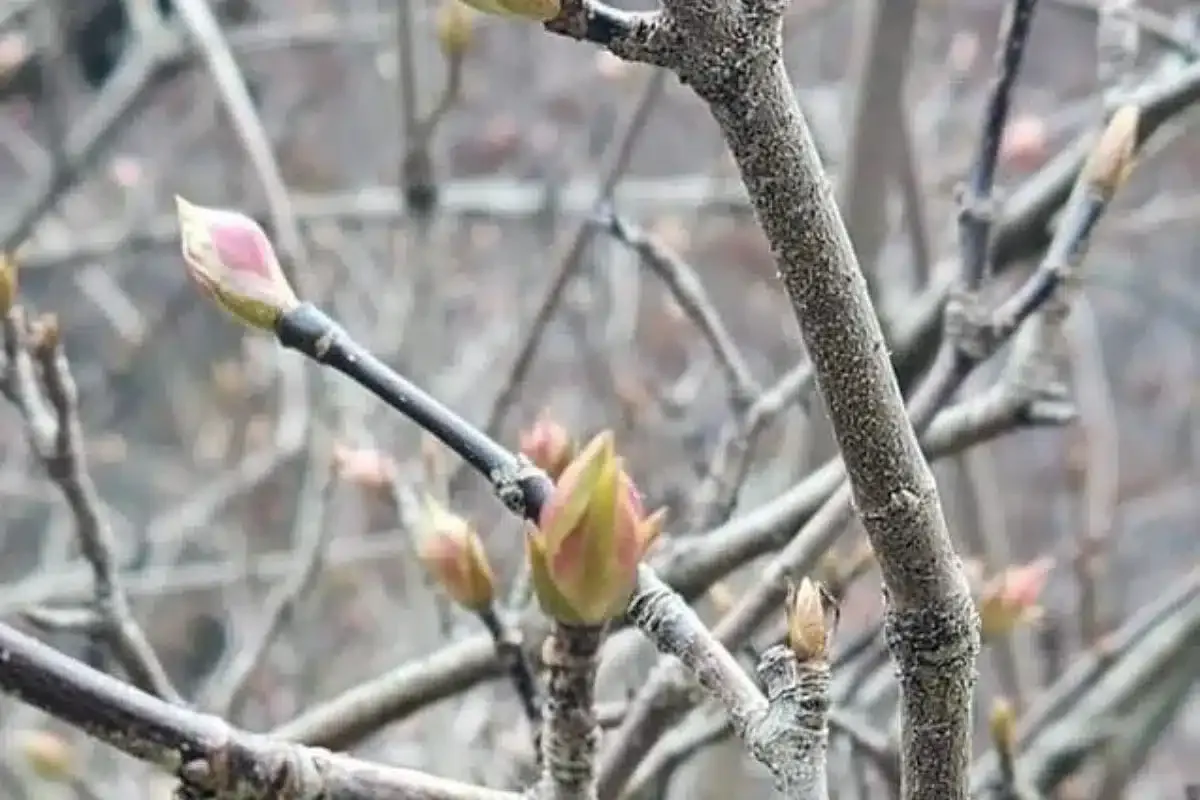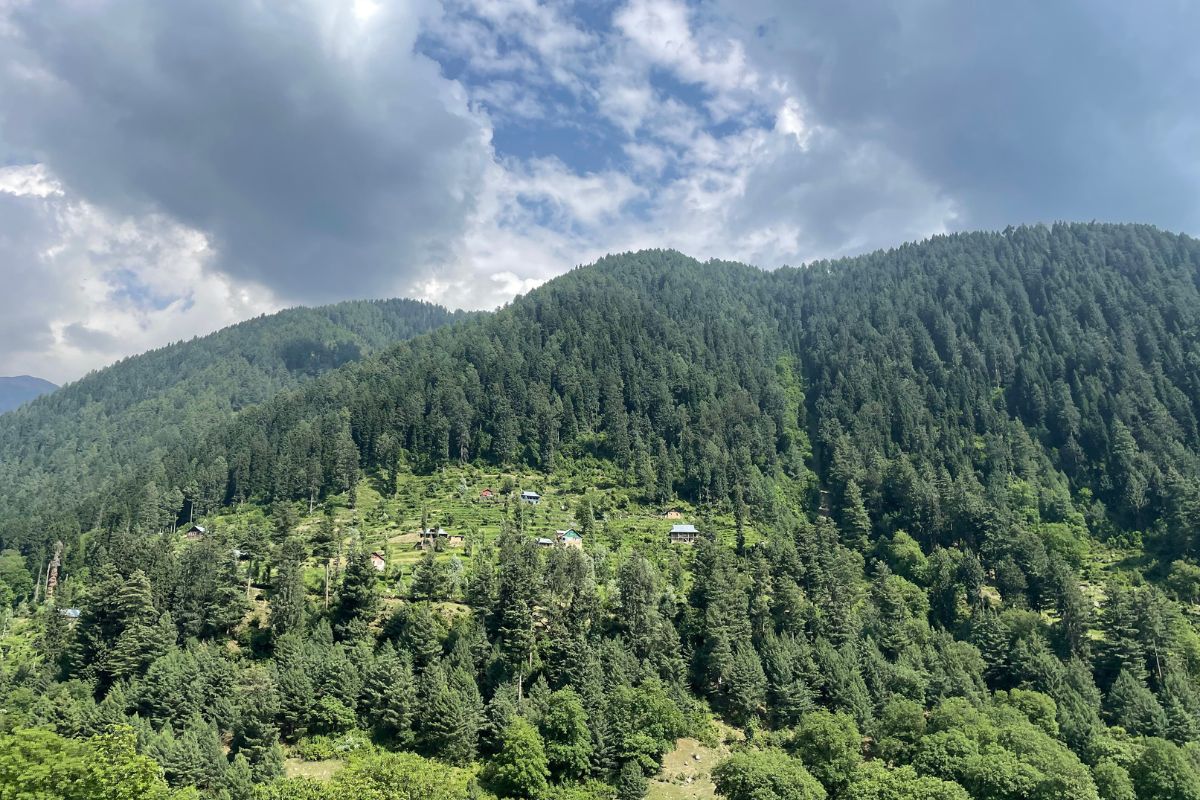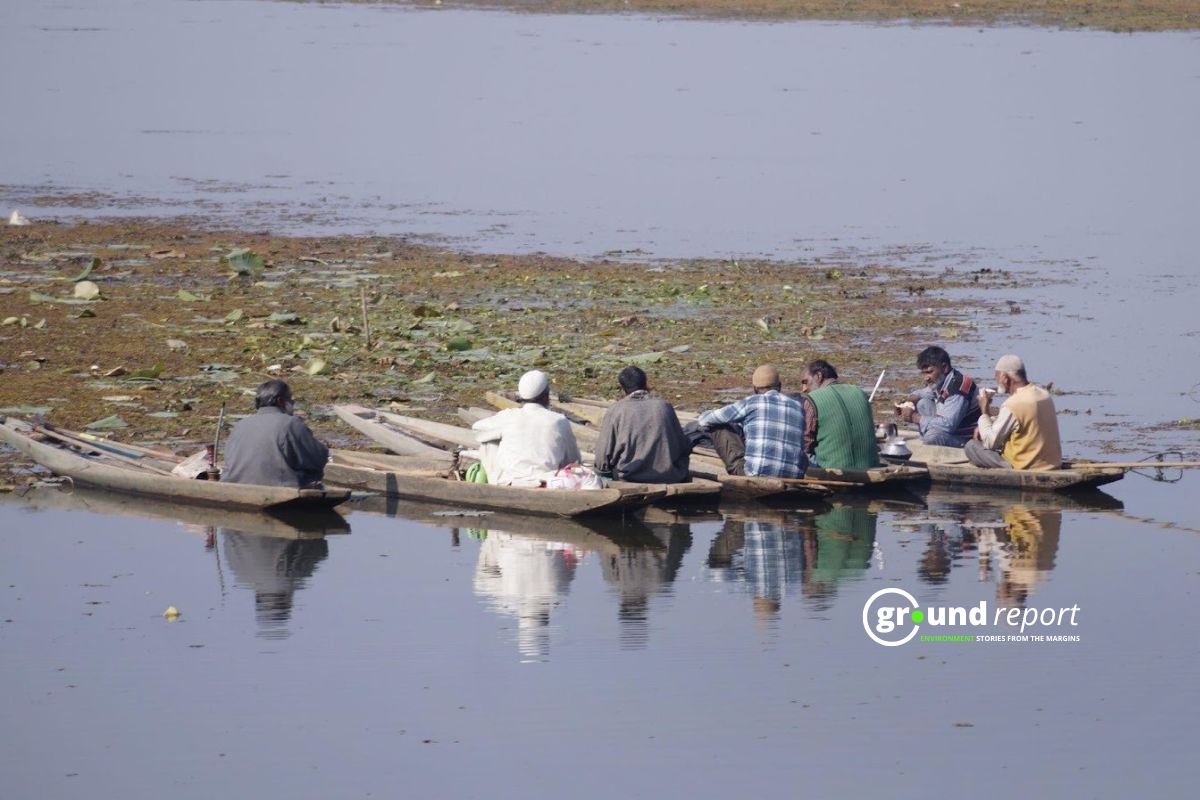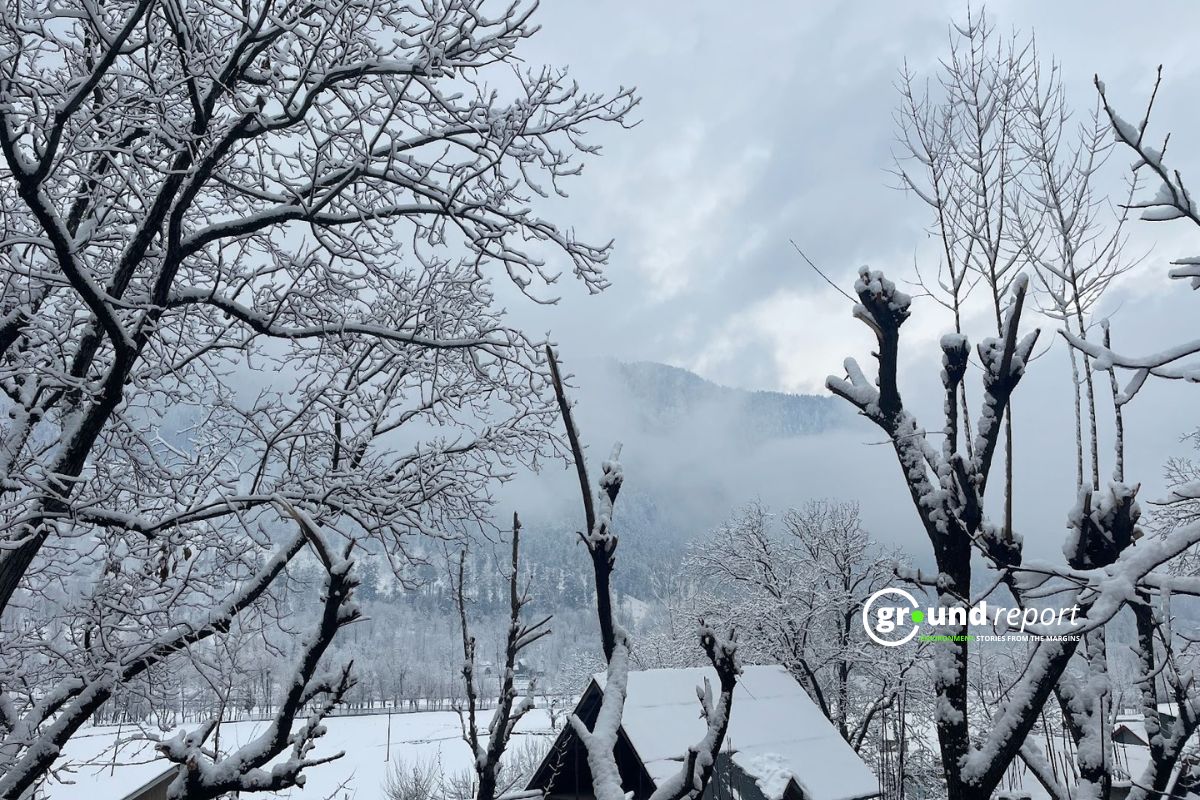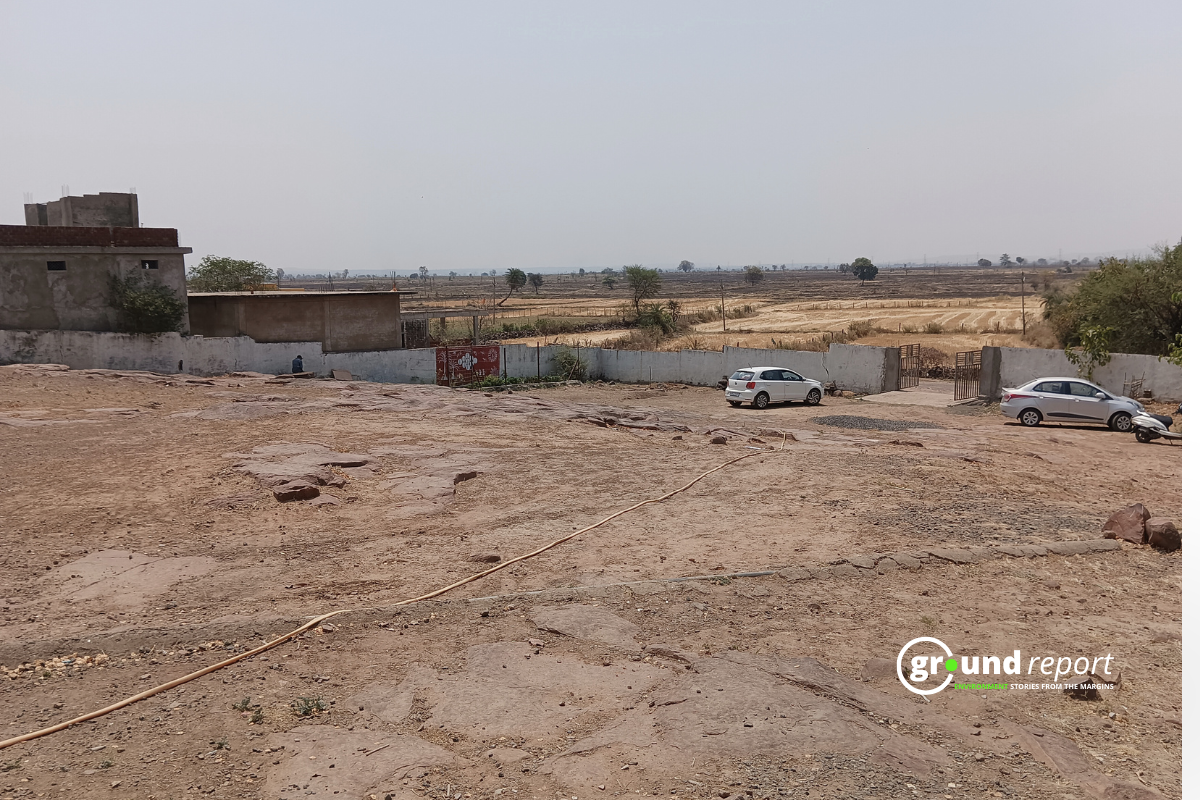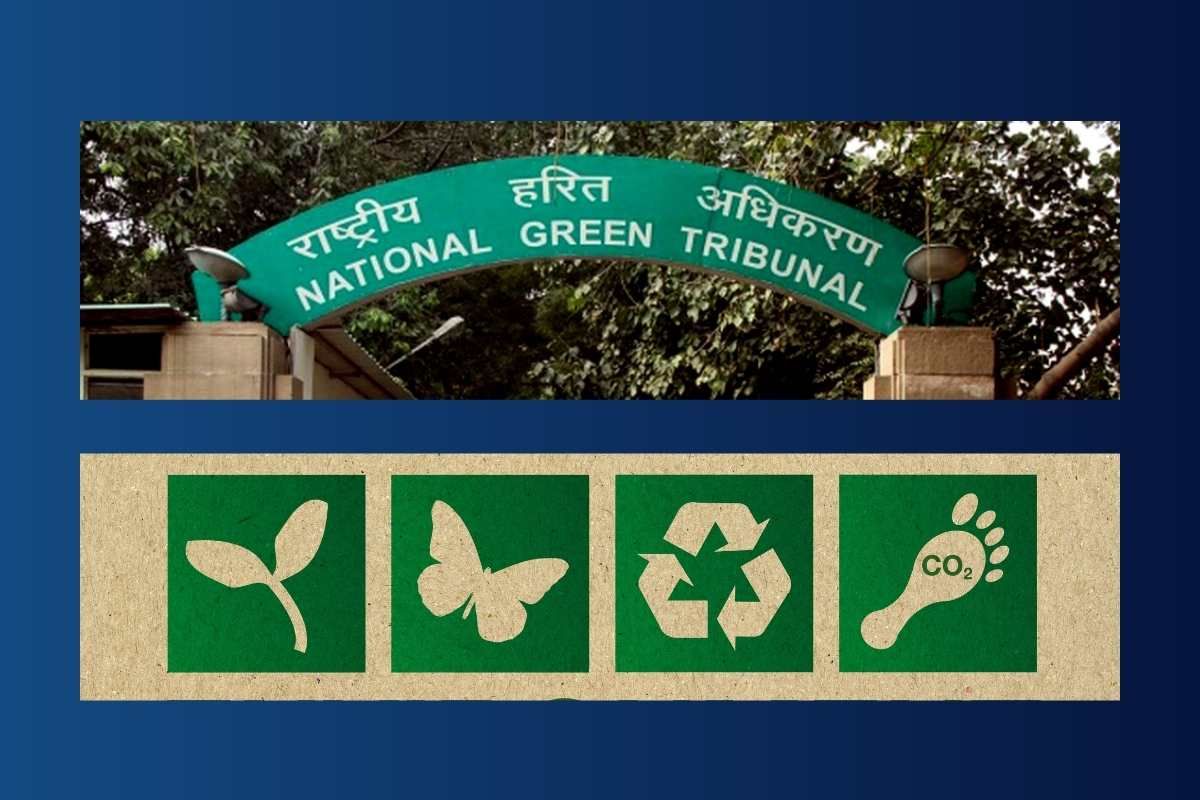Significant difference between daytime high & night time low temperatures poses a serious threat to crops: Experts
As Kashmir grapples with an extended dry spell, the valley is facing an eminent threat of early bloom in crops, the Sher-e-Kashmir University of Agricultural Sciences and Technology’s (SKUAST-K) research directorate has sounded a vital alarm by issuing a crucial advisory to farmers and orchardists.
Concerns rise over early crops
Experts express deep concern over the rising temperatures, fearing that an early bloom in crops, including those in the horticulture sector, may be at risk. The looming threat arises from the anticipated rains in March and April, which could disrupt the delicate growth of flowers and fruits.
Dr. Rehana a prominent expert from SKUAST-K who is a professor and a chief scientist while speaking to Ground Report underlined the alarming climatic changes affecting the region, particularly the drastic day-night temperature variations, which she termed as “diagonal variation.”
“This significant difference between the daytime high and night time low temperatures poses a serious threat to various crops. During the day, temperatures soar to around 15 degrees Celsius, only to plummet to an extreme low of minus 5 degrees Celsius during the night”, she says.
Expressing concern, she said that the rising temperatures may trigger premature pest infestations, endangering crops that are still in hibernation.
“Early bloom, combined with the potential for pest infestation due to the rising temperatures, poses a dual threat to the agricultural landscape of Kashmir. This phenomenon can lead to devastating consequences, especially when considering the unpredictable weather conditions expected in March and April,” warns Dr. Rehana.
Elaborating on the adverse effects of such conditions and emphasizing the risks of frost injury, she stated that if there is an early bloom followed by rain or a sudden drop in temperature, the delicate blossoms may fall victim to “frost injury”.
Early blooms face rain challenge
Several gardeners, locally managing the flowers beds from saplings to it’s full growth said that if there is an early bloom in flowers or tress, the onset of the rainy season in March and April, the delicate blossoms and fruits may face challenges in reaching full maturity.
Meanwhile, the farmers are urged to take immediate measures to mitigate the potential impact on their crops. The SKUAST advisory emphasizes adopting water-efficient farming practices and implementing protective measures to safeguard their crop and trees.
Notably, on Tuesday, SKUAST-K issued a detailed and crucial advisory for farmers and orchardists asking them to avoid pruning of orchards, stating that it may lead to freezing injury of the cut ends and may activate buds leading to sprouting.
According to the advisory issued it has asked to avoid irrigation as it may lead to root damage due to freezing & may activate sprouting.
“Maintain sanitation of orchards. Remove all twigs & fruit from the orchard and bury them deep in soil. Perform bur lapping if not done so far on tree trunks,” the advisory reads.
For field crops like oil seeds, wheat, peas and oats, the advisory has asked for thinning of brown sarsoon crop, use of organic mulch & field sanitations and to install yellow sticky trap 10 mt apart.
Following the isolated reports of vegetable crop damage, the advisory has asked to maintain weed-free conditions in all standing crops to avoid competition for moisture.
“Use organic/ inorganic mulch wherever possible. Surface scrapping to facilitate aeration & moisture conservation. Apply shallow irrigation only if needed critically & that too during day,” reads the advisory.
Keep Reading
Part 1: Cloudburst in Ganderbal’s Padabal village & unfulfilled promises
India braces for intense 2024 monsoon amid recent deadly weather trends
Support us to keep independent environmental journalism alive in India.
Follow Ground Report on X, Instagram and Facebook for environmental and underreported stories from the margins. Give us feedback on our email id greport2018@gmail.com.
Don’t forget to Subscribe to our weekly newsletter, Join our community on WhatsApp, and Follow our YouTube Channel for video stories.
